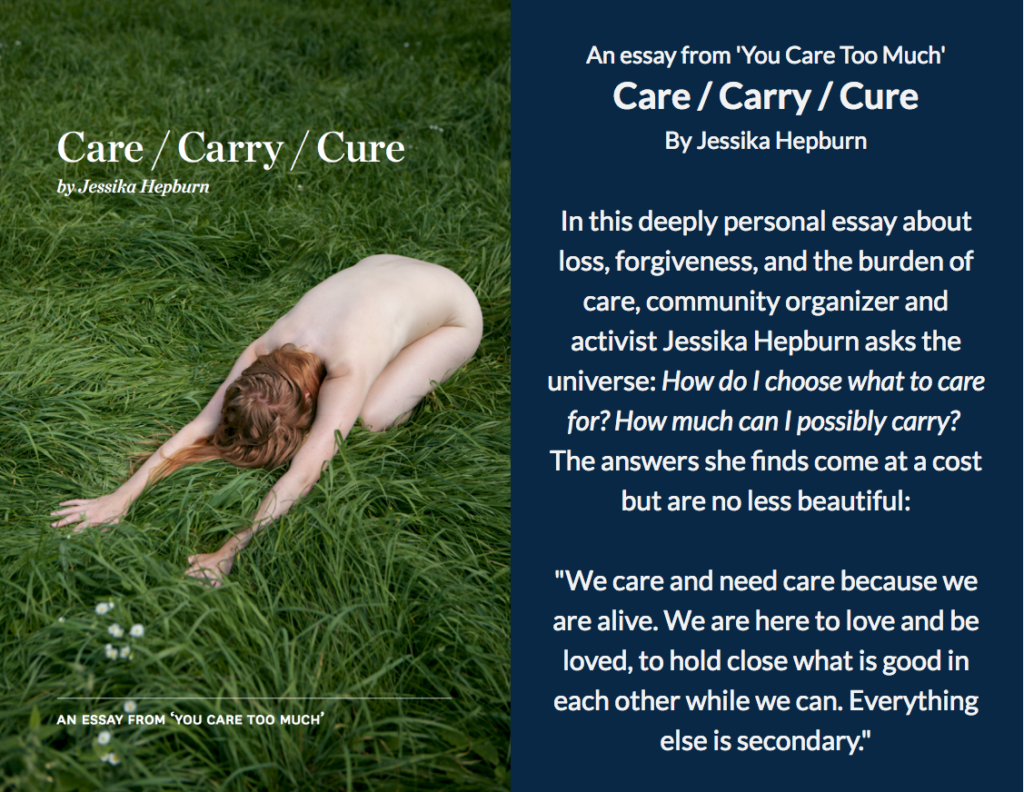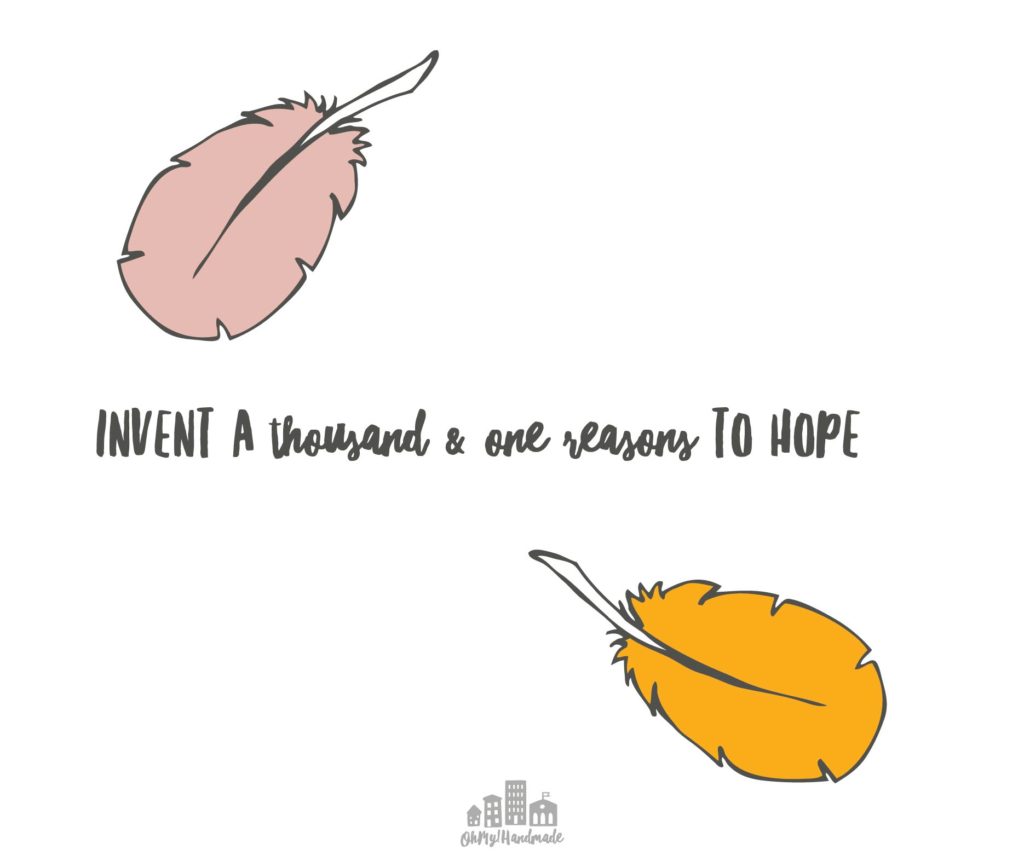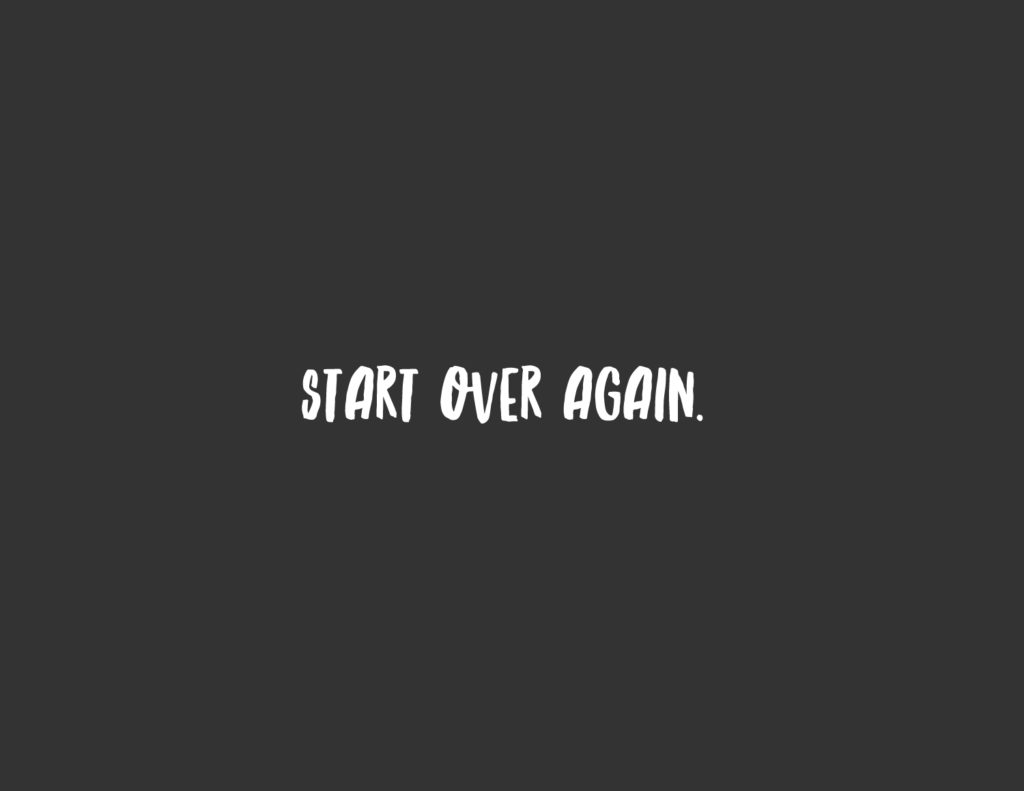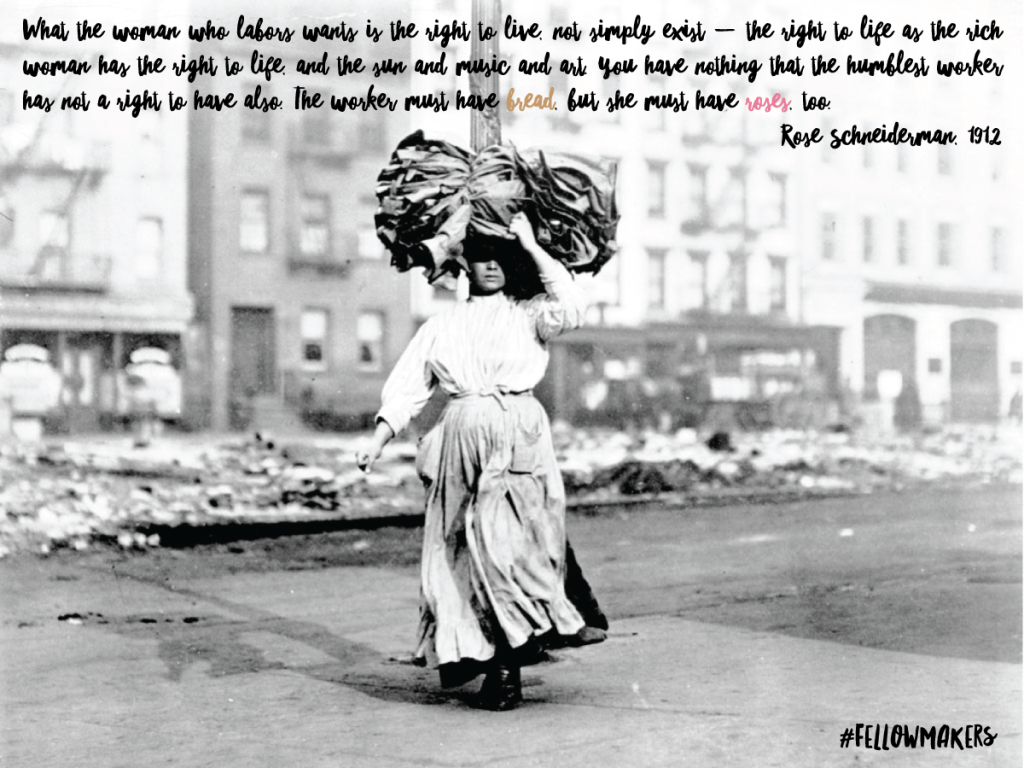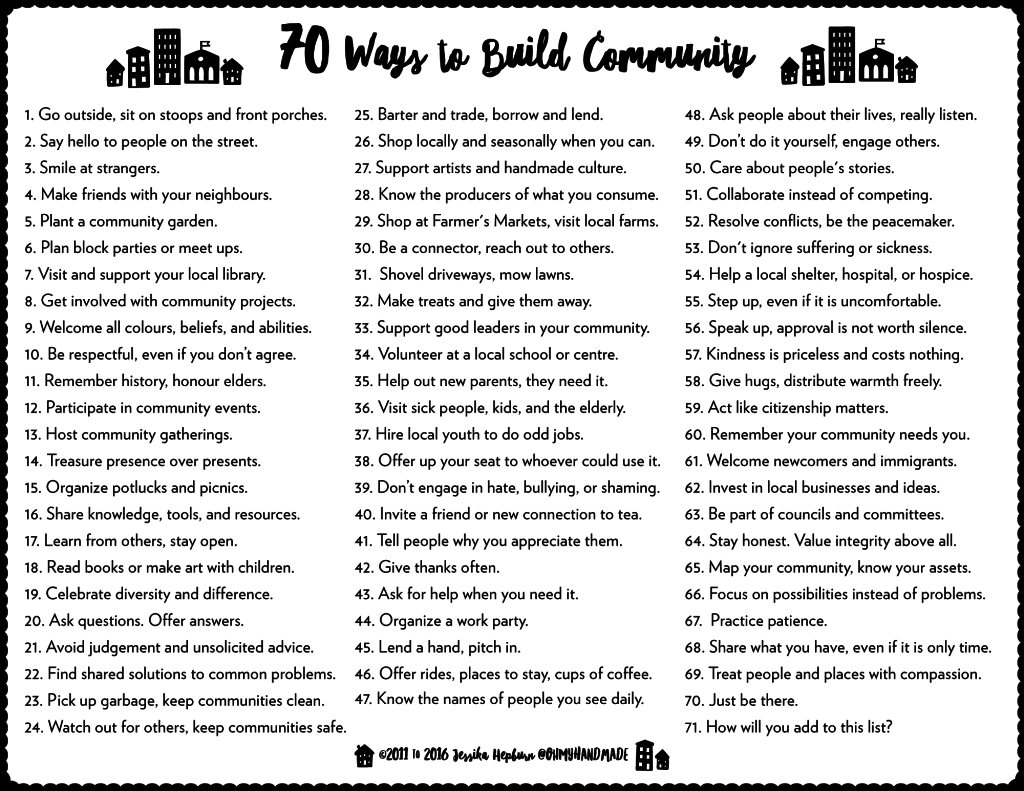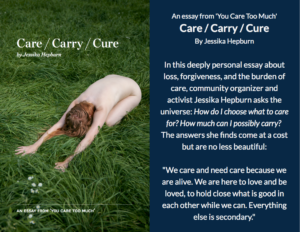In June of 2016 I supported my love Chris as we dealt with the death of both his parents and a co-worker over a three week period. This essay written the summer of those deaths is my attempt to make sense of grief and the struggle to carry all that I care for. Originally published in the anthology You Care Too Much by with/out pretend, the essay Care/Carry/Cure is now … [Read more...] about Care/Carry/Cure an essay from ‘You Care Too Much’
For the Heart
A Thousand and One Reasons to Hope
"Because I remember, I despair. Because I remember, I have the duty to reject despair. I remember the killers, I remember the victims, even as I struggle to invent a thousand and one reasons to hope. There may be times when we are powerless to prevent injustice, but there must never be a time when we fail to protest. The Talmud tells us that by saving a single human being, … [Read more...] about A Thousand and One Reasons to Hope
Start Over Again
People whose lives have been shaped by history—and it is always tragic— do not want to talk about it, would rather dance, give parties on thrift-shop china. You feel wonderful in their homes, two leaky rooms, nests they stowed inside their hearts on the road into exile. They know how to fix potato peelings and apple cores so you smack your lips. The words start … [Read more...] about Start Over Again
#FellowMakers History & the Triangle Factory Fire
Fellow makers, many of us have forgotten International Women’s Day began as International Working Women’s Day. The agenda? Changing conditions for the working women of the world and uniting the working class. On March 8, 1857, garment workers in New York City marched and picketed, demanding improved working conditions, a ten hour day, and equal rights for women. On March 8, … [Read more...] about #FellowMakers History & the Triangle Factory Fire
70 Ways to Build Community
It’s become such a cliched phrase-something we say and recognize to be true but don’t often act on: “It takes a village to raise a child.” What does that even mean? I am asked all the time - “How can I possibly do it all?” The hard truth is you can’t. You can’t be everything to everyone all the time. You can’t be the only one responsible for raising your children, running … [Read more...] about 70 Ways to Build Community

